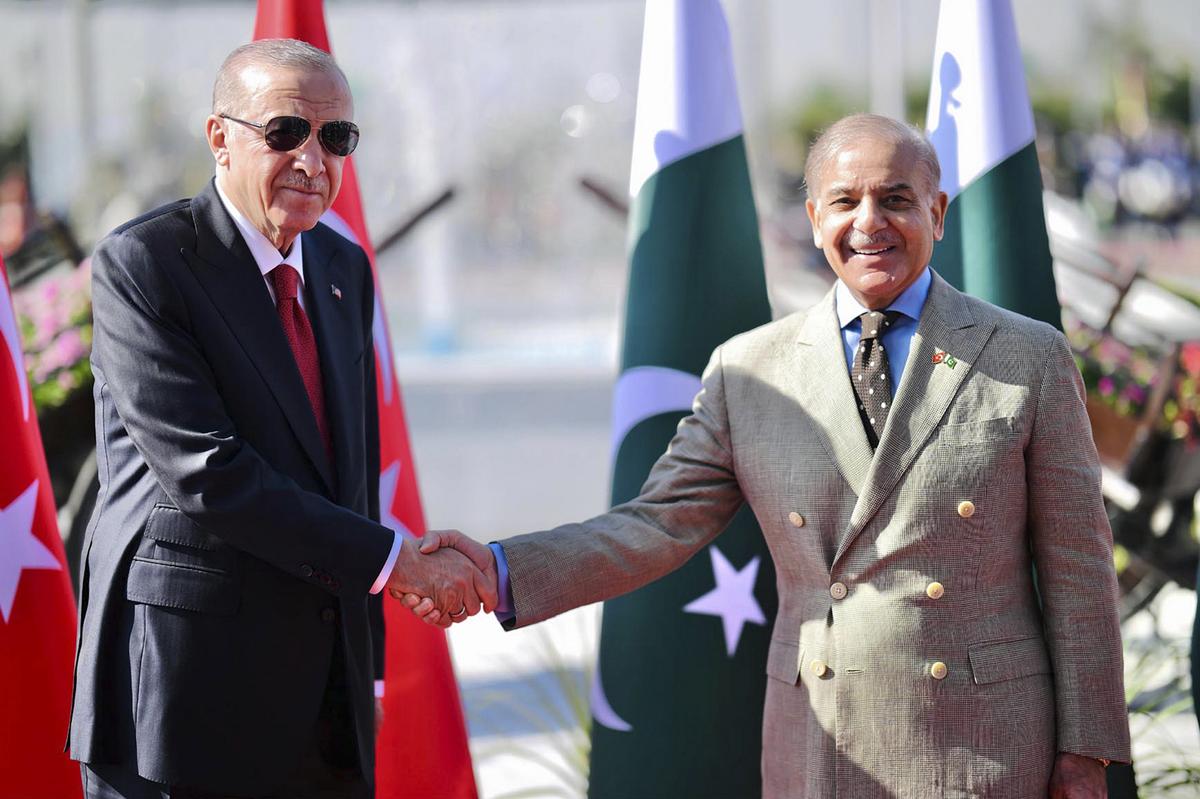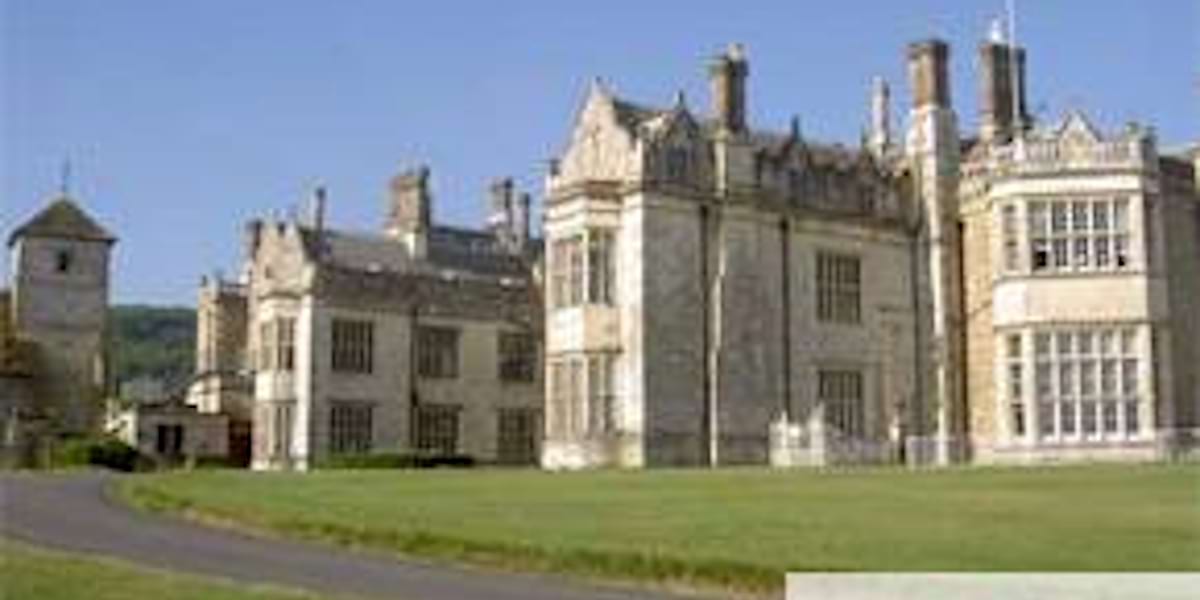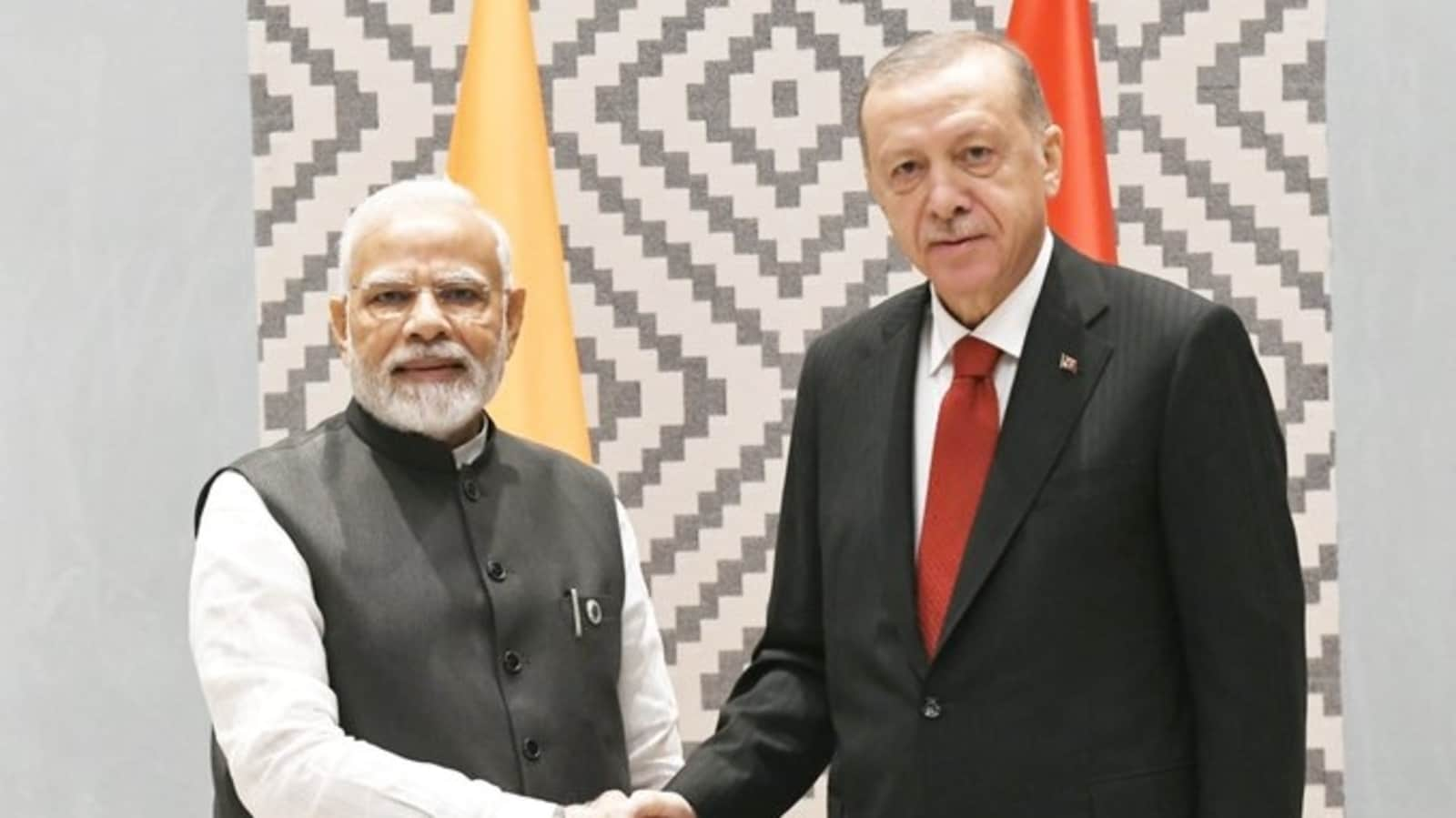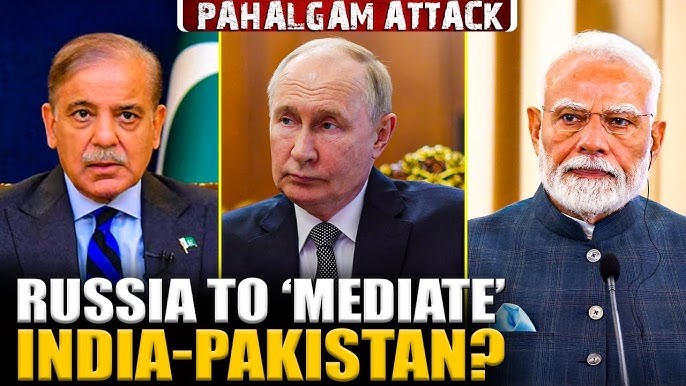President Erdogan, who is in Pakistan on a two-day visit, made the comments after holding one-on-one and delegation talks with Prime Minister Shehbaz Sharif
Turkish President Recep Tayyip Erdogan on Thursday (February 13, 2025) said that the Kashmir issue should be resolved through dialogue between India and Pakistan, with due consideration for the aspirations of the Kashmiri people.
President Erdogan, who is in Pakistan on a two-day visit, made the comments after holding one-on-one and delegation talks with Prime Minister Shehbaz Sharif. The leaders also witnessed the signing ceremony of 24 agreements and a Memorandum of Understanding between the two sides.
Following this, they read statements to the media, expressing resolve to strengthen their bilateral ties, during which Mr. Erdogan also talked about the Kashmir issue. “The Kashmir issue should be addressed according to the UN resolution through dialogue and keeping in mind the aspirations of the people of Kashmir,” Mr. Erdogan said.
“Our state and our nation, as in the past, stands in solidarity with our Kashmiri brothers today,” he added.
India has repeatedly emphasised that the Union Territories of Jammu and Kashmir and Ladakh were, are, and “shall forever” remain an integral part of the country. The ties between the two countries nosedived after India abrogated Article 370 of the Constitution, revoking the special status of Jammu and Kashmir and bifurcating the State into two Union Territories on August 5, 2019.
In his statement, President Erdogan also showed keen interest in promoting ties with Pakistan. “In the seventh session of our council, which we just concluded, we have agreed to further strengthen our relationship,” he said.
“Within the framework of this visit, we have signed a total of 24 agreements and MoUs in the fields of trade, water resources, agriculture, energy, culture, family, and social services, along with science, banking, education, defence, and health.”
Speaking on the occasion, Mr. Shehbaz said that Pakistan was the second home of the Turkish leader and added that it was wonderful to have him back after five years. “The people of Pakistan are extremely happy today to see you, along with your delegation, visiting your brotherly country,” he said.
He thanked Turkiye for standing by Pakistan “through thick and thin” during earthquakes and floods. “Your visit to Pakistan today has given a new level to our brotherly relations,” Mr. Shehbaz said.
The Prime Minister and President Asif Ali Zardari received Mr. Erdogan at the Nur Khan airbase when he arrived early in the morning. The Turkish President was accompanied by First Lady Emine Erdogan and a delegation of investors and business leaders.
A formal welcome ceremony was held in Erdogan’s honour at the Prime Minister’s House, where a contingent of armed forces presented him with a guard of honour. He was also honoured with a fly-past by F-16 fighter jets.
Mr. Erdogan and Mr. Shehbaz also planted a sapling at the PM House. Later, Chief of Army Staff General Asim Munir also met Mr. Erdogan and extended greetings on his visit.
Key Points:
- Turkish President Recep Tayyip Erdogan has urged India and Pakistan to resolve the Kashmir issue through dialogue, emphasizing the importance of considering the aspirations of the Kashmiri people.
- Erdogan made these remarks during his two-day visit to Pakistan, where he held talks with Prime Minister Shehbaz Sharif.
- The leaders witnessed the signing of 24 agreements and a Memorandum of Understanding aimed at strengthening bilateral ties between Pakistan and Turkey.
- Erdogan highlighted that the Kashmir issue should be addressed according to the UN resolution and expressed solidarity with the Kashmiri people.
- India has consistently maintained that the Union Territories of Jammu and Kashmir and Ladakh are integral parts of the country.
- The visit also saw Erdogan and Sharif discussing ways to enhance cooperation in various fields, including trade, water resources, agriculture, energy, culture, family and social services, science, banking, education, defense, and health.



